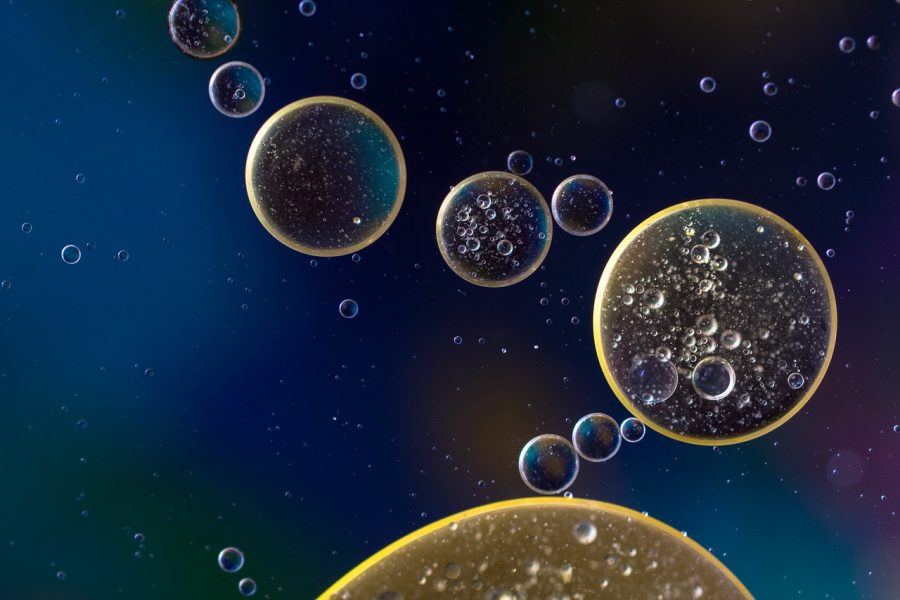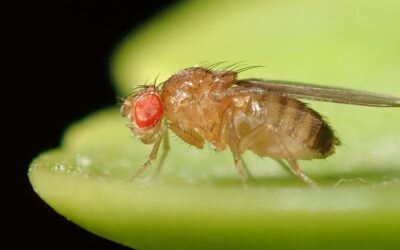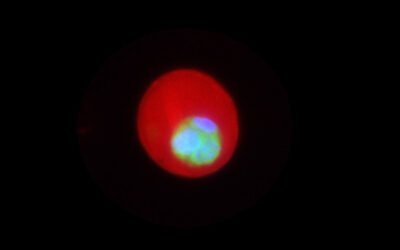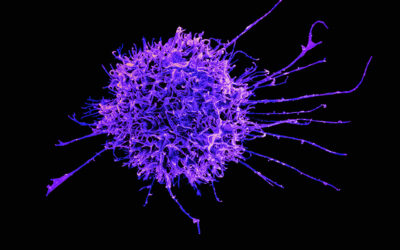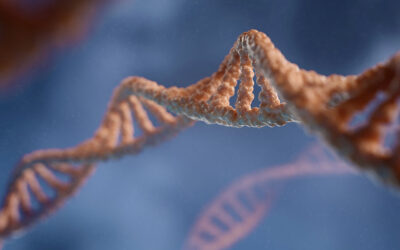The essential properties of living organisms are complex and highly organized, ranging from responsiveness to environmental stimuli, metabolism, and compartmentalization. But what makes life different from non-living matter?
If we could trace all of the molecular processes that occur within a cell that are necessary to sustain life, we’d be closer to defining the framework that governs a living system. However, this would mean drastically simplifying the systems being investigated.
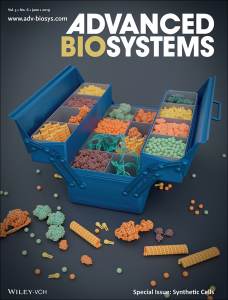
A major strategy to achieve this is creating an artificial system with the bare minimum that allows it to function as a unit with cell-like properties. Piecing together such minimal functional modules, possibly comprising an array of both natural and non-natural molecules, could lead to the synthesis of an entire artificial cell or even an organ.
A future where bottom-up synthetic biology challenges what it means to be alive may soon be within the realm of possibility.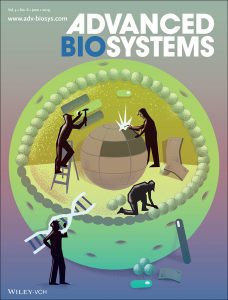
That being said, are there ethical concerns that we need to consider? Would synthetic biology also need to reckon with biosafety and security or the social implications of such research?
The latest special issue on synthetic cells published in Advanced Biosystems hopes to shed light on the different aspects of bottom-up synthetic biology.
We hope you enjoy browsing through the articles put together by the scientists from the Max Planck Research Network in Synthetic Biology and that you come through inspired by the significant strides made in terms of novel artificial cellular systems.

